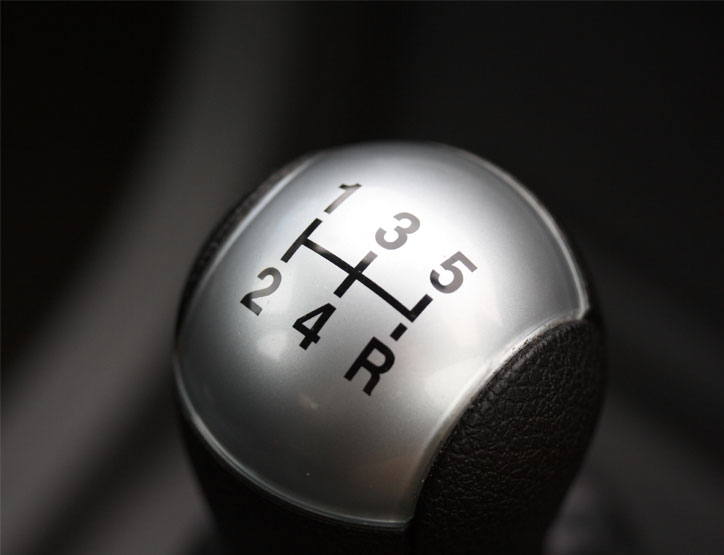
5 Things to Look for in a Prototyping Company
The launch for a new product is looming. As the engineer of a large corporation, you’ve scrambled to get the designs ready in time. Now your task is to figure out how to move the product from the design phase into production so your company can get to market before the competition. Your deadlines are tight as there is already a slated release date that can’t be missed.
Before you commit production resources, you’ll need to validate your design with a thorough prototyping process that will help you decide which materials and manufacturing techniques will be best for the project and resolve any issues with the design.
Doing so effectively will mean partnering with the right prototyping company. Here are some things you should look for when choosing one.
Selecting A Prototyping Company
Ideally, you’ll want to work with a prototyping company that understands your particular needs, helps you direct the prototyping process, manages your data and protects your intellectual property (IP), provides suggestions that will improve the product while cutting costs, and — if required — will help you jumpstart production with low-volume bridge manufacturing.
You’ll want a prototyping company, in other words, that is full-service and that will help you solve problems — rather than create them — during the prototyping process. Here are five criteria you can use to narrow the field:
1. Familiarity with Your Industry
You want a prototyping company that is experienced and knowledgeable about everything that goes on with your industry. They need to know the benefits and limitations of materials for the types of applications you have in mind, be familiar with the machines that will be used to manufacture the final product, and speak the same industry-specific language that you do.
These characteristics will not only allow the prototyping company to walk you through the prototyping process, but will also help downstream as you communicate with vendors involved in the manufacturing stage.
2. End-to-End Prototyping Capabilities
Ideally, a prototyping company should have all the prototyping processes they will use to create your prototypes under one roof — especially in cases involving assemblies or complex prototypes that require multiple manufacturing methods such as CNC machining and plastic injection molding.
Why? You don’t want to spend countless days or weeks working with a prototyping company that sources each and every part of your prototype from different places and then assembles these components before shipping them to you. This is simply time wasted; time you probably don’t have.
Nor do you want to be responsible for coordinating orders between multiple prototyping companies so you can then put things together yourself. This introduces too many variables into the process, as well as into your day-to-day work schedule.
Having the assembly of your product handled by one prototyping company avoids both of these potential pitfalls by facilitating quick changes and making use of embedded project managers who can coordinate all the complexities of the prototyping process.
Another benefit of working with a single, reliable prototyping company that can provide all the prototyping services you need under one roof is IP security. The more people who see your designs, the greater the likelihood of IP theft. Working with a single prototyping company limits the number of eyes on your designs and makes it less likely that an important file will make it into the hands of competitors.
3. Investment in New Prototyping Technology
Technology is constantly changing and these advances allow for more complex designs and the increased workability of materials.
Search for a prototyping company that is not afraid to seek out state-of-the-art technology to create higher quality prototypes, even if your current design doesn’t require elaborate techniques. A prototyping company that is aware of changing technology will have knowledge that will enhance your product and maybe even your product-development process as a whole.
4. Rapid Change Management Processes
Always remember that product designs are never set in stone. Something is going to change during the prototyping process.
A great prototyping company will accept this fact and have a system for rapid change management that allows designers, engineers, and project management staff to adapt to changes in real time so it can keep the prototyping process moving forward as quickly as possible.
5: Low-Volume Production Versatility
Development cycles are now so short, you may run into a situation where manufacturing tooling isn’t ready in time to meet your product launch date. Or, you may have a low-volume product that simply can’t justify traditional production tooling in the first place.
In those cases, you’ll benefit from working with a prototyping company that can handle low-volume production. Not all companies can create bridge tooling that will be capable of delivering production-grade parts, so choose carefully.
Work with a Prototyping Company That Has It All
Don’t sit back and let your competitors beat you to market. Validate your designs and move into production as quickly as possible by partnering with us at 3-Dimensional Services Group — a prototyping company that meets all the criteria outlined above.
We offer end-to-end prototyping capabilities using state-of-the-art technology. Our custom IT system keep product data secure and facilitates rapid change management. And, chances are, we know your industry inside and out.
To learn more about what we have to offer, call 888-554-1485 or tell us about your prototyping project by filling out a Request for Quote.
